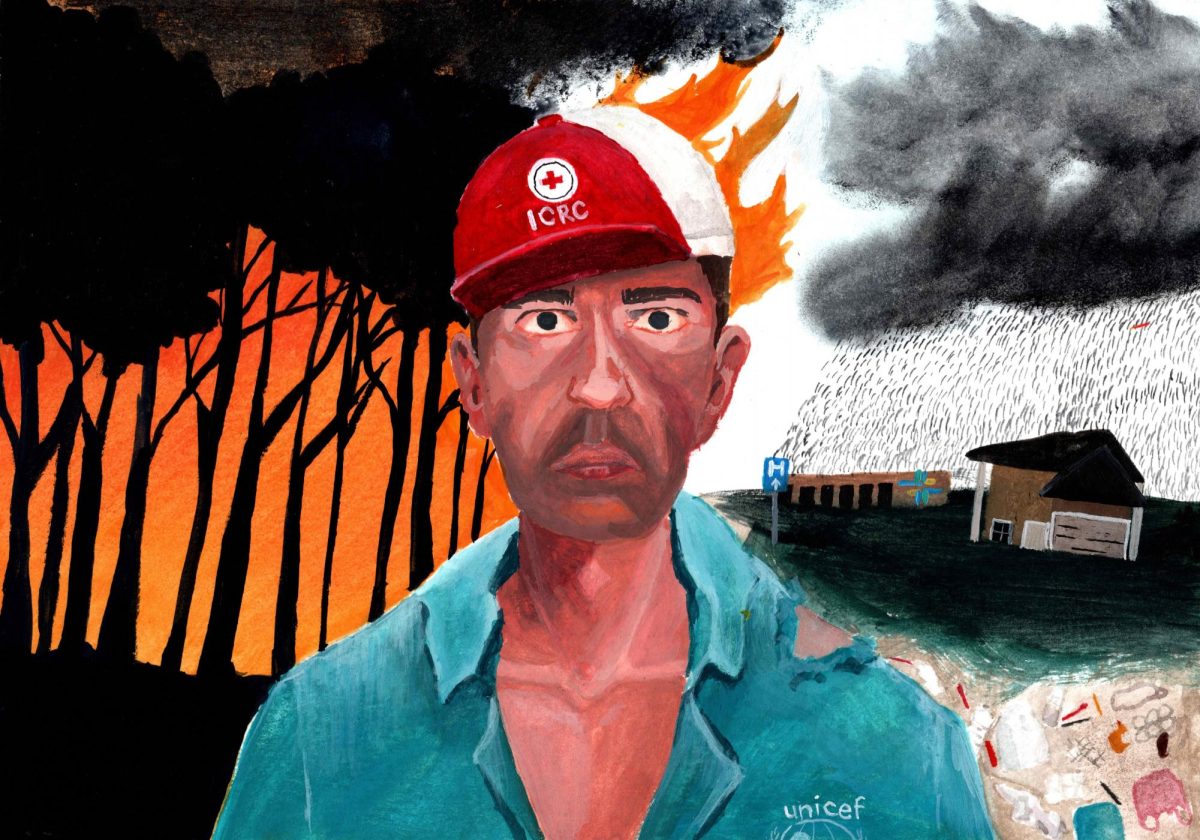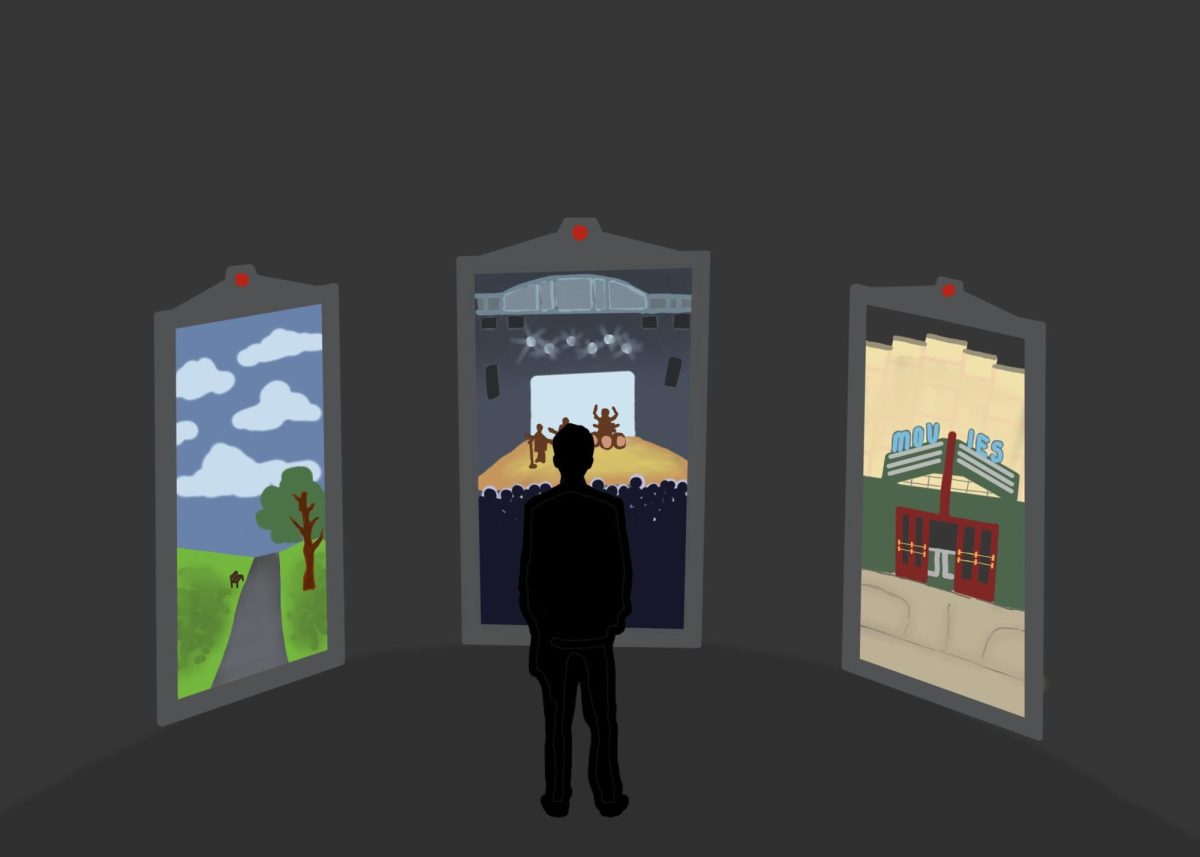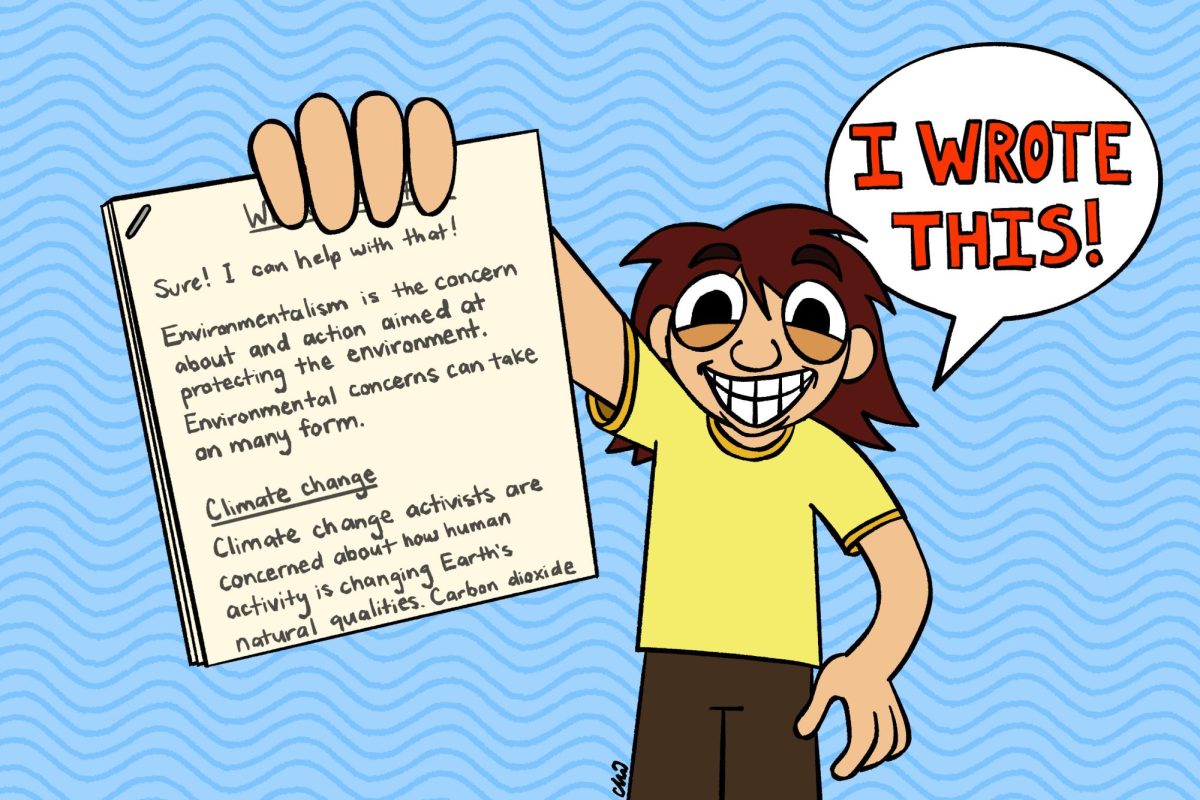It’s official. 2023 was the hottest year ever recorded. Earth was roughly 2.5 degrees Fahrenheit warmer than the late 19th-century average, and the warming shows no sign of stopping. In a world where even the slightest changes in climate can significantly affect everything from our food supply to your monthly electricity bill, why aren’t more people talking about these lifestyle-threatening changes?
Similar to many other issues today, the issue lies in our society’s polarization. Discussions of global warming inevitably turn into heated political debates that don’t honestly reflect the scientific data. People of opposite perspectives either avoid a dialogue on the issue entirely, or attempt to bombard the other side with hearsay half-truths and defensive arguments.
According to the book “How Democracies Die” the frequent inability to grapple with controversial subjects stems from the fact that people of different political parties often view each other as an existential threat to their way of life. One recent survey by the Journal of Democracy found that 39% of Democrats and 41% of Republicans view each other as “downright evil.”
Polarization and prejudice make it nearly impossible to discuss any political issue, much less global warming. However, with the right frame of mind, it’s not impossible.
One key step toward this goal would be to realize that we share some of our most integral values with people who may not have the same political views as us. Most importantly, they are the reasons that make discussing climate change an essential commitment.
When we discuss our shared values, it’s important to talk about the practical challenges that global warming poses to our most essential needs such as well-being and security. For example, a farmer will be more receptive to a discussion about the correlation between global warming and droughts.
In these conversations, let us take our focus back to how the increasing temperatures will be a hindrance to our process of continuing to advance our lifestyles, technology and comfort. Instead of using highly politicized phrases to explain our political views, we should simply talk about how the changing natural habitats will affect our lives and how it threatens our values.
Throwing political labels around like “climate change denier” or “environmental hippie” doesn’t result in a fruitful conversation. Neither does overbearing the conversation with doomsday phraseology about the “near end” of life as we know it. In essence, global warming should be discussed not in regards to politics or anxiety-inducing technicalities, but in regards to the impacts it will have on what we value in life like our loved ones, our hobbies, the food we eat and so on. If we humanize the topic we can reach more people and raise awareness in the crowds that have certain biases regarding the subject.
There are countless luxuries that we own in today’s modern world. Accessible food, availability of shelter and clothing are just some of the blessings that allow humans to live in comfort. However, these luxuries will be under threat due to the effects of climate change. Precisely this point should be the focal aspect of our discussion on the changing climate.
As scientist Katharine Hayhoe stated in her book “Saving Us,” “We care [about climate change] because the cascade of events triggered by that warming affects everything we already care about.”
What can we do to ensure that the planet we call home does not end up like it did in the fictional world of Lorax? Well, the first and most important act is to have healthy conversations about it. Let’s discuss why we each love this planet and how we can ensure its safety. Let’s discuss how we would all want to stop a potential global disaster that will put everything we love into jeopardy.
When we first saw the world from afar in the Apollo 8 spacecraft, it reminded us that we are living on a single planet together. The Earth is where we will carry on with our lives, with our families and doing the things we see as meaningful. The Earth is home, and we must protect it.
Nihan Iscan is a senior international studies major and an opinion writer for The Battalion.
Editor’s note: This story has been corrected from Apollo 13 to Apollo 8.

















Tom • Jan 30, 2024 at 6:00 pm
Correction to last paragraph, the spacecraft was Apollo 8. Interesting though to mention Apollo 13. Perhaps its successful ending (crew survived after near disaster) will someday be true for us if we finally accept what it is we are doing to the climate and work together as a team to put in place the necessary solutions.